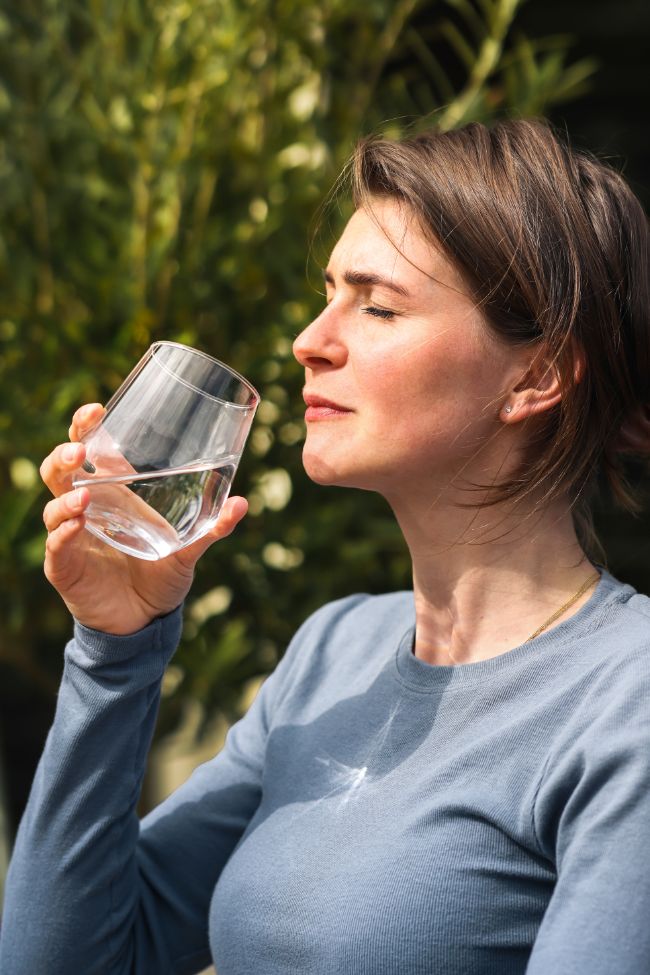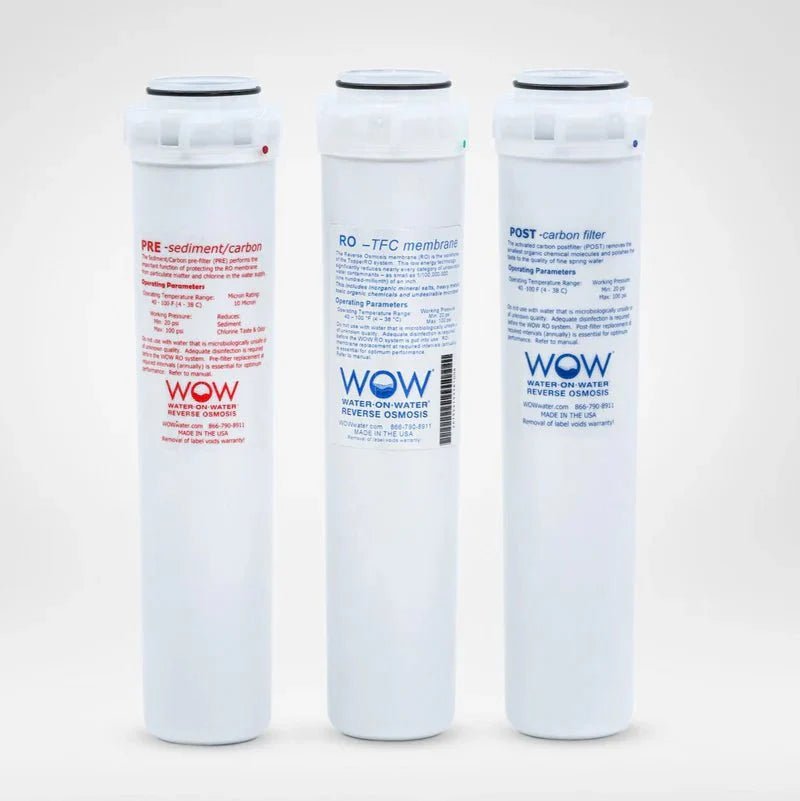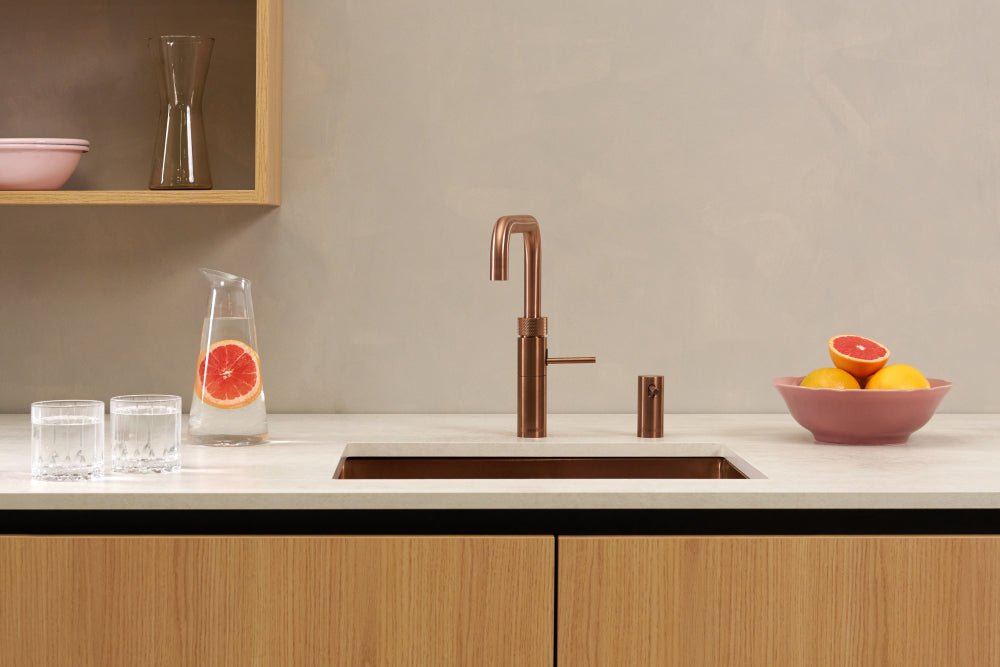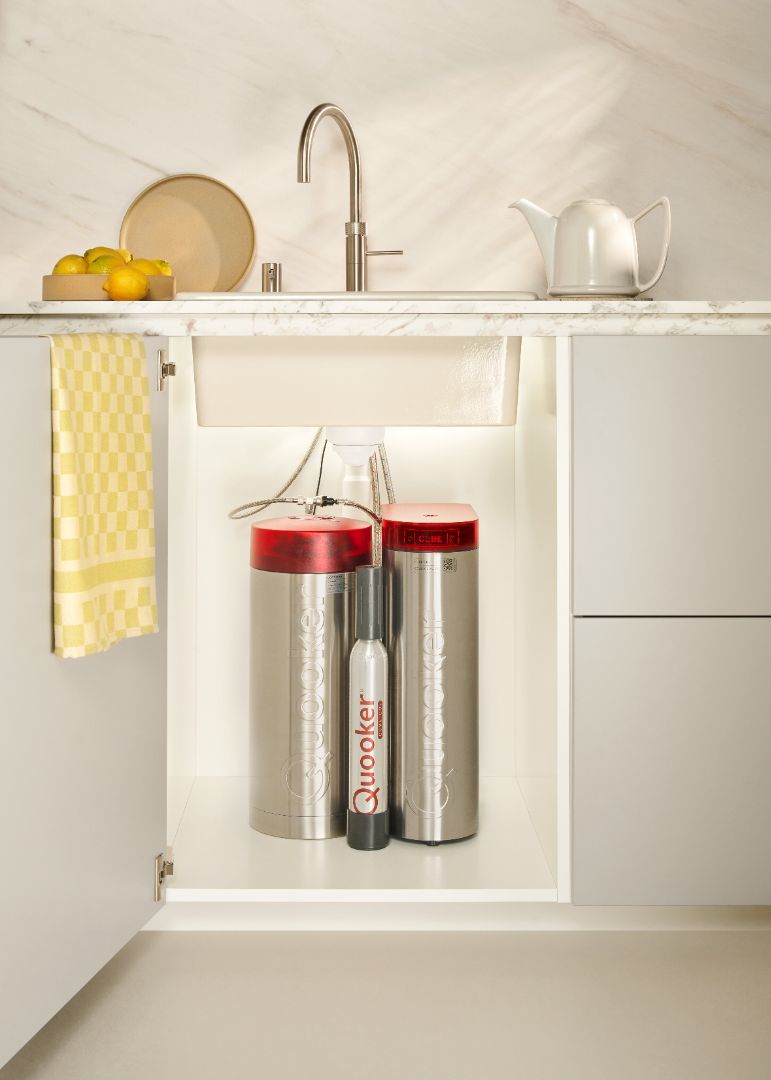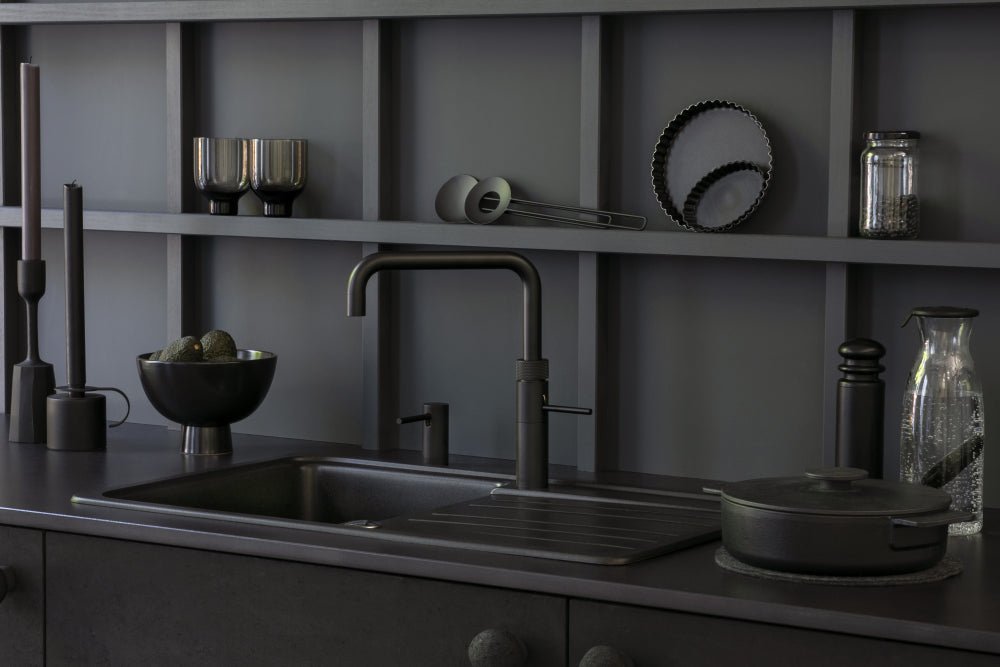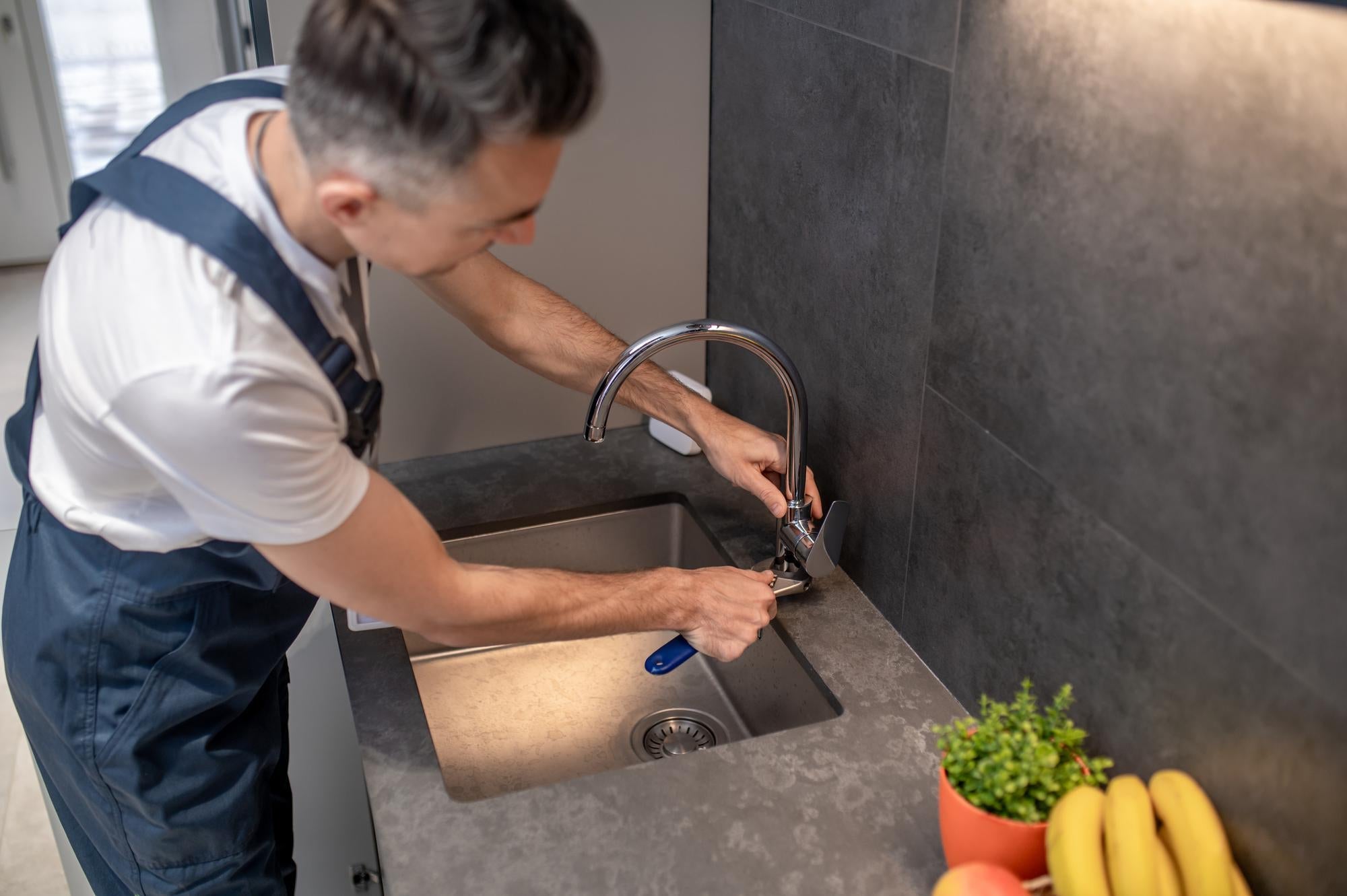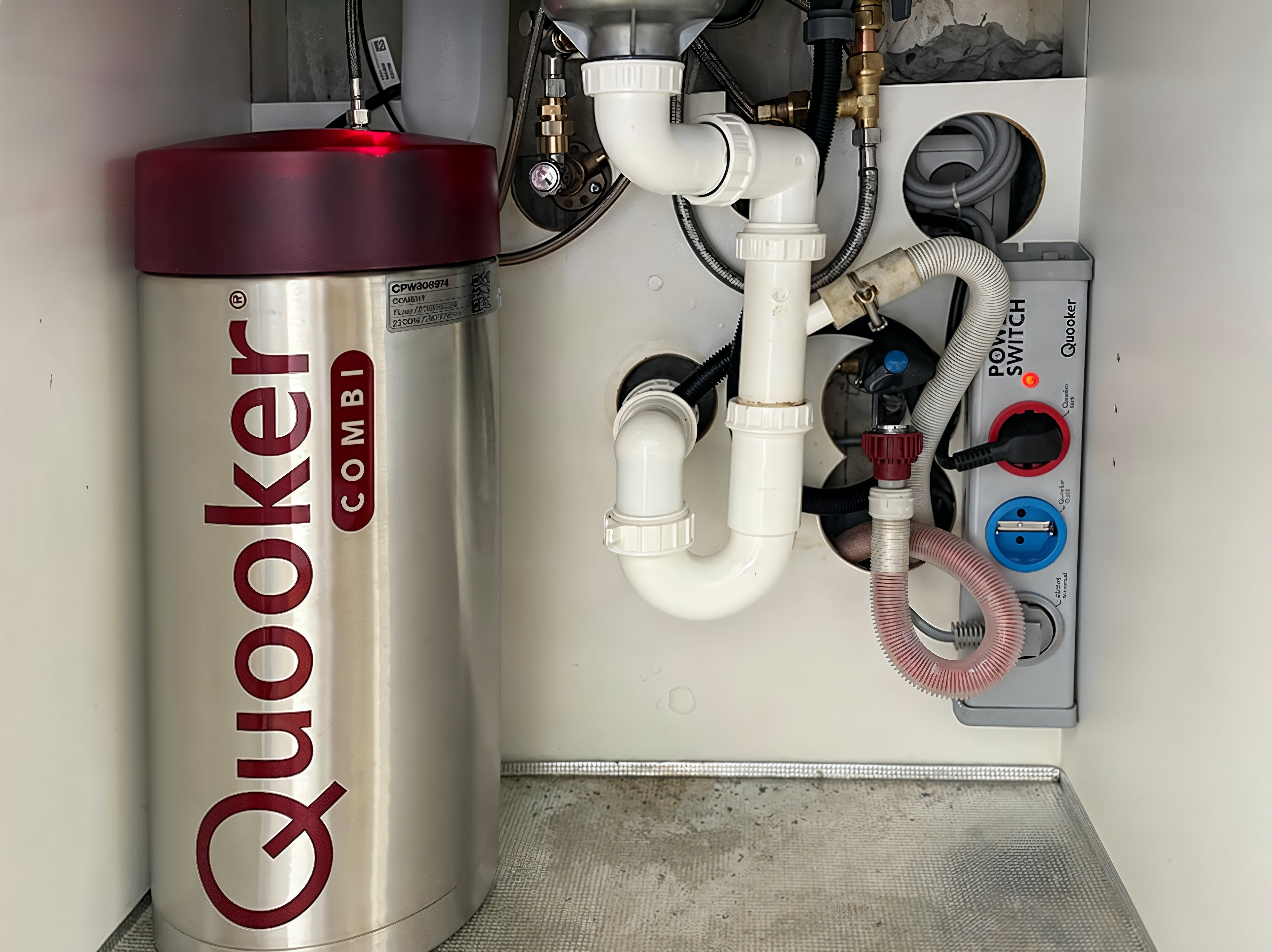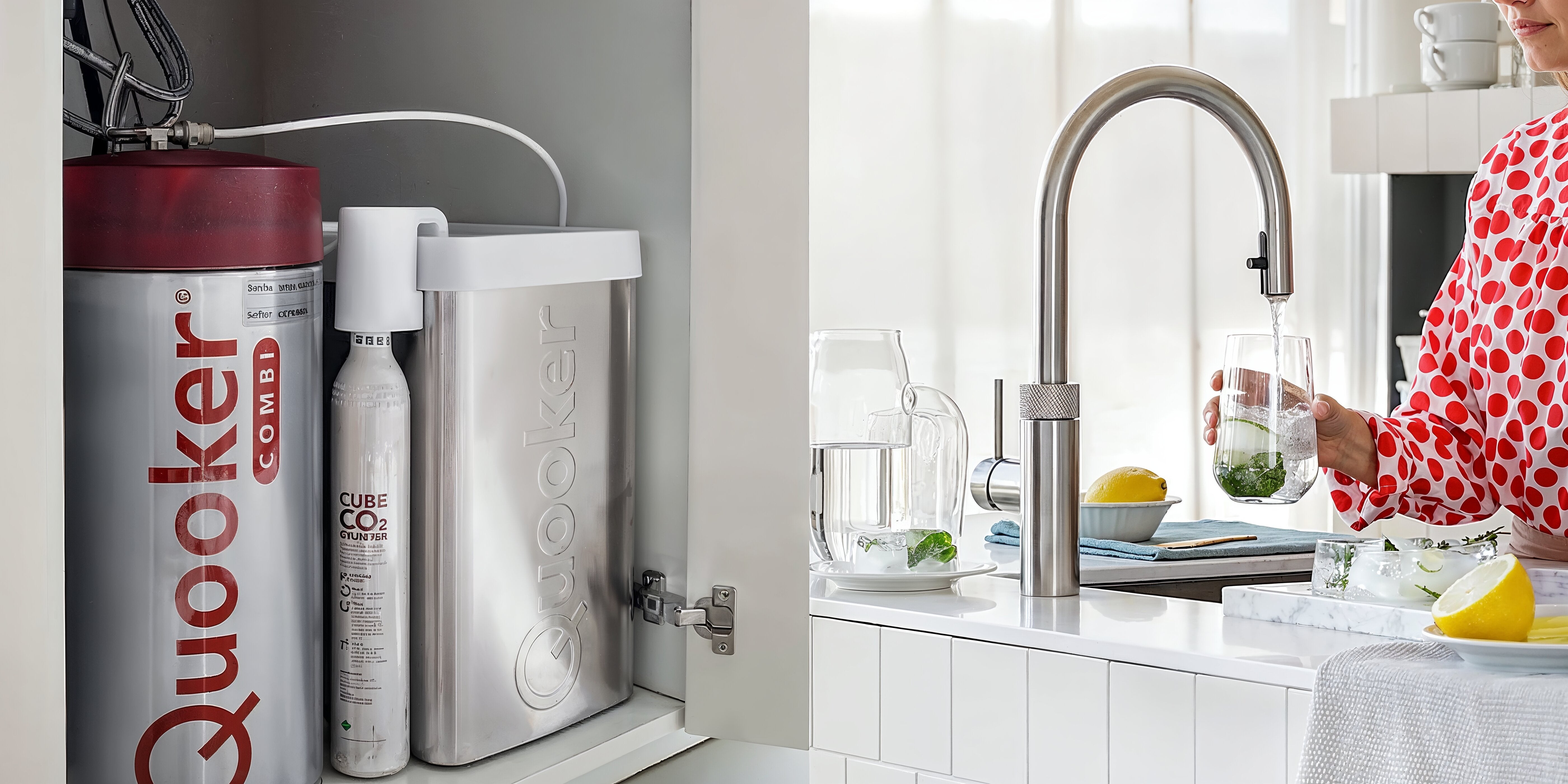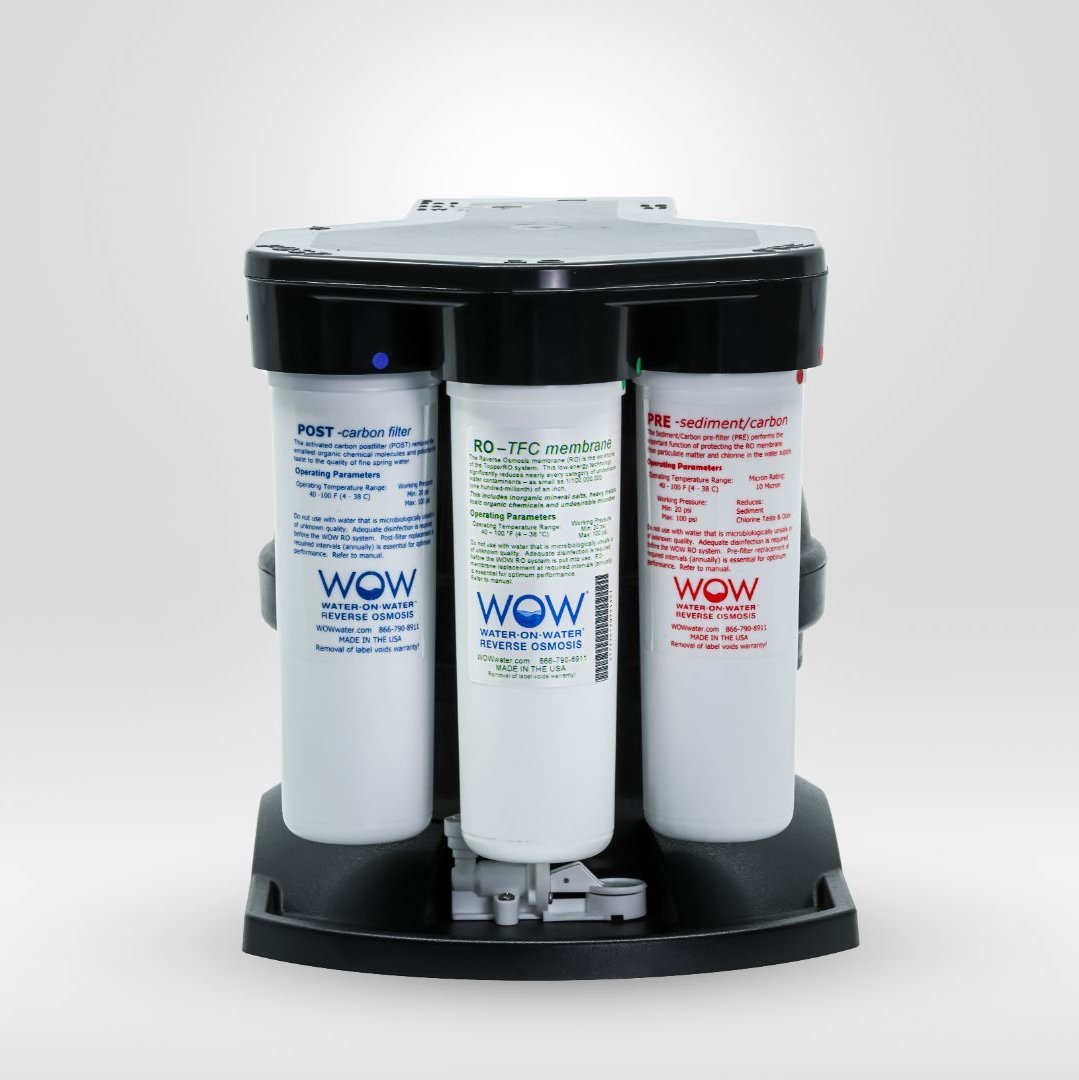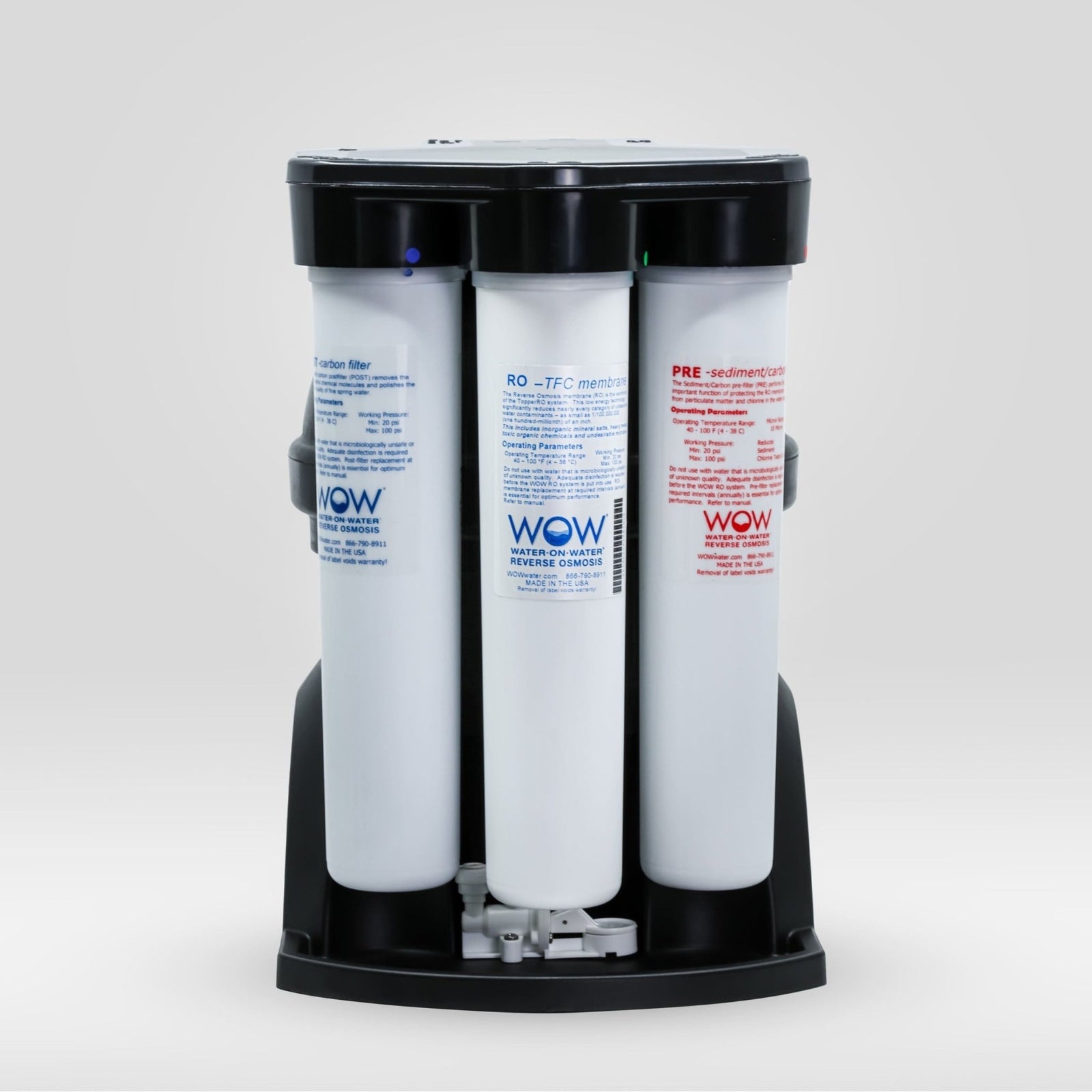Modern water filter systems increasingly offer sustainable options with reusable filter technology. These innovative systems combine effective water purification with environmental friendliness. Systems like reverse osmosis water filters offer the option of cleaning and reusing certain filter components, offering both economic and ecological benefits. Choosing a water filter system with reusable elements contributes to less waste and lower maintenance costs, while allowing you to continue enjoying pure drinking water.
How long do reusable water filters last?
The lifespan of reusable water filters varies considerably depending on the type of filter and usage conditions. Sediment filters, which remove larger particles from the water, typically last 2-3 months before needing cleaning. With proper maintenance, these filters can last up to 2 years before needing replacement.
Ceramic filters are among the most durable options, with a potential lifespan of 1-3 years with regular cleaning. These filters can be easily rinsed to remove accumulated particles, restoring their effectiveness. Activated carbon filters, on the other hand, have a shorter reusable period, usually 2-6 months, depending on water quality and frequency of use.
The water quality in your region plays a crucial role in the lifespan of reusable filters. In areas with hard water or high sediment content in tap water, such as in parts of the Netherlands, filters will clog more quickly and require more frequent cleaning. In water filter systems that combine multiple filter stages, such as "The Source," some components may be reusable while others require periodic replacement.
Cleaning methods vary by filter type:
- Sediment filters: rinse under running water and brush gently
- Ceramic filters: scrape off the outer layer with a clean, non-metallic sponge
- Carbon filters with reusable housing: replacement of only the filter medium
Frequency of use also affects cleaning intervals. A household that uses large amounts of filtered water daily will need to clean filters more often than a household with lower consumption. Regularly checking the water flow can be a good indicator—a noticeably slower flow often indicates a filter that needs cleaning.
What are the benefits of water purifiers with reusable filters?
Water purification systems with reusable filters offer significant long-term economic benefits. The initial investment may seem higher than with conventional systems, but the total cost of ownership is significantly lower. Users of these sustainable water filters save an average of 30-50% on replacement costs over a five-year period, compared to systems using fully disposable filters.
The ecological impact is one of the most significant advantages of reusable filtration systems. Conventional water filters produce significant waste, as each replacement cycle results in plastic and other materials ending up in landfills. Systems with reusable components drastically reduce this waste stream, which is consistent with a circular economy and contributes to environmental protection.
| Type of filter system | Waste production |
|---|---|
| Traditional water filters | High |
| Systems with reusable components | Moderate |
| Fully reusable systems | Low |
Modern filtration technologies have significantly improved the effectiveness of reusable filters. Advanced systems like reverse osmosis with reusable pre-filters combine sustainability with excellent purification performance. These systems remove up to 99% of unwanted substances from tap water while producing less wastewater than traditional models.
Ease of use is another advantage that shouldn't be underestimated. Many modern reusable filter systems are designed with easy maintenance in mind, allowing users to clean the filters themselves without specialized assistance. This not only increases accessibility but also gives users more control over their water purification system.
At PureAqua, we strive to offer water purification systems that are both effective and environmentally friendly. Our water filter systems are designed with sustainability in mind, and we continuously innovate to optimize the balance between performance, ease of use, and environmental impact.
